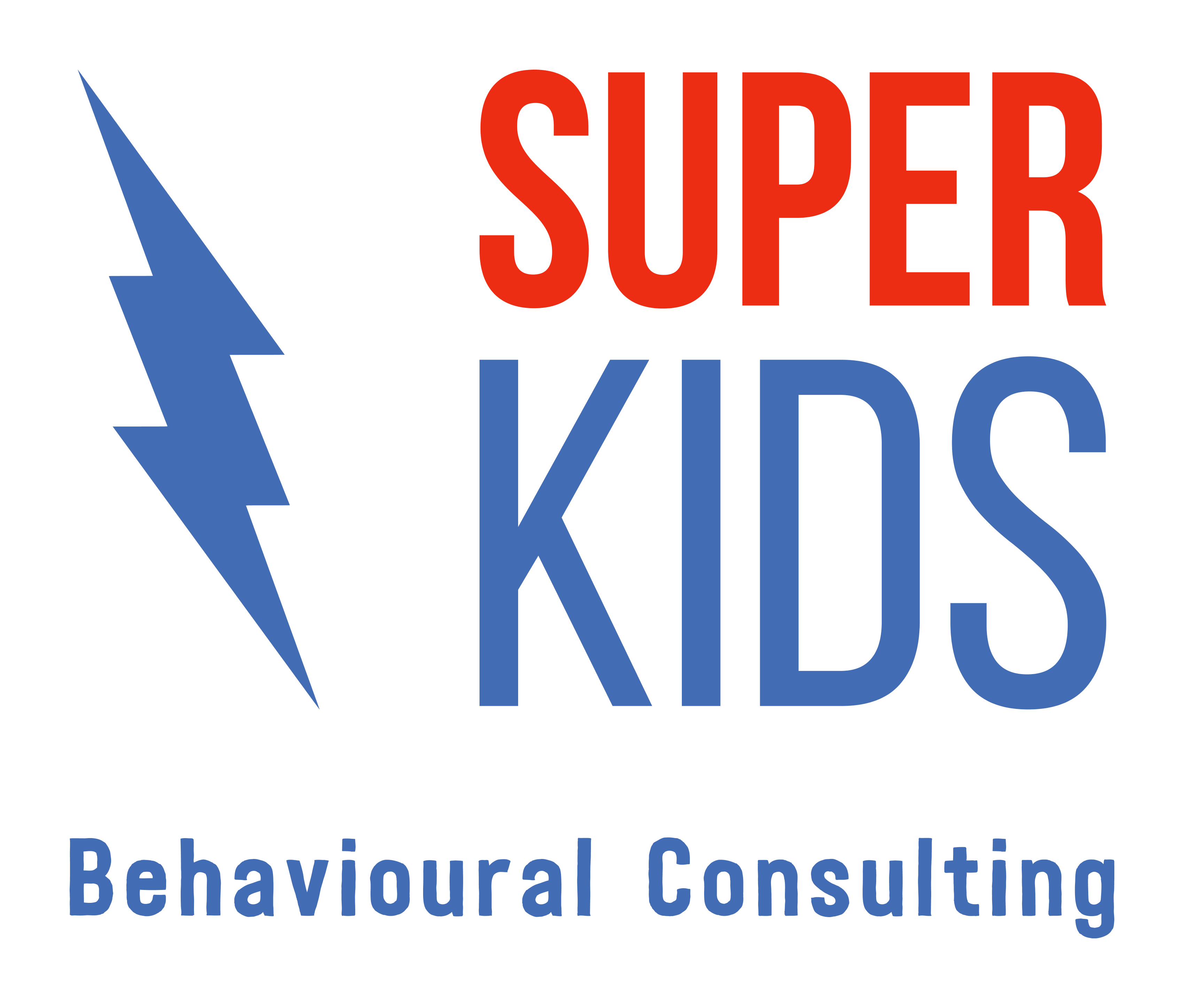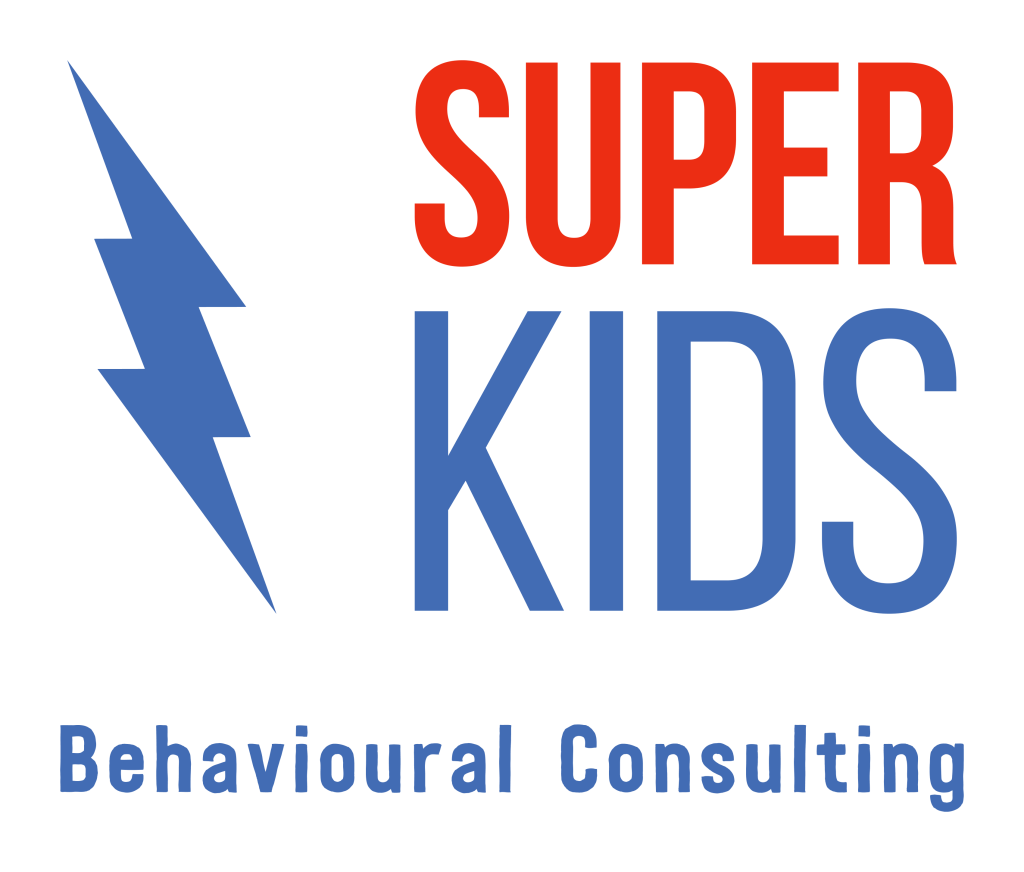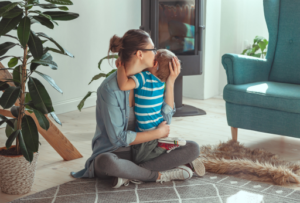Do You Need a Certified Behaviour Analyst for Toilet Training Success?

Renee Collins
Clinical Director

Toilet training is one of those milestone moments that can bring equal parts celebration and stress, especially if your child has developmental delays, communication differences, or sensory sensitivities.
If you’ve tried sticker charts, books, timers, or even those catchy songs, and still find yourself stuck, you’re not alone.
What many families don’t realise is that toilet training can go beyond parenting tips or toileting routines, it can be a behavioural skill, and sometimes, it takes a behavioural toilet training expert to make real progress.
What Does a Certified Behaviour Analyst (CBA) Actually Do?
A Certified Behaviour Analyst is a professional trained in Applied Behaviour Analysis (ABA), a science-based approach to teaching meaningful life skills. They use data, assessment, and evidence-based techniques to help individuals develop independence across a wide range of areas, including toileting.
CBAs specialise in:
- Analysing behaviour patterns
- Understanding environmental triggers
- Designing personalised skill-building programs
- Collaborating with families and support teams
When it comes to behavioural toilet training, a CBA doesn’t just offer a one-size-fits-all plan. They look at why a child may be struggling and how to teach toileting in a way that’s achievable, respectful, and sustainable.
5 Reasons a CBA Can Make All the Difference in Toilet Training
1. They Use Evidence-Based Methods (Not Just Guesswork)
Toilet training is not just about the “right age” it’s about the right readiness. A CBA conducts a functional assessment to determine what’s really going on:
- Is it a communication issue?
- A sensory sensitivity?
- A fear response?
- A routine disruption?
They then design a toilet training plan that targets those specific barriers with real solutions.
- They Personalise the Plan to Your Child’s Needs
No two children are the same, and what worked for your friend’s child might not work for yours. CBAs tailor strategies to:
- Your child’s developmental level
- Communication preferences (verbal, AAC, visuals)
- Daily routines and home environment
- Cultural or family values
It’s not about forcing progress, it’s about creating the right conditions for success.
- They Partner with Continence Professionals
CBAs don’t work in isolation. If your child has medical or physiological continence issues, a CBA can collaborate with continence nurses, OTs, and GPs to ensure the plan addresses both the behavioural and bodily aspects of toilet learning.
Together, they can:
- Rule out or manage constipation, bladder control, or other physical concerns
- Support bowel routines alongside skill-building
- Adjust the plan as your child’s health needs evolve
- They Track Progress Objectively
Parents often feel defeated by “false starts” in toilet training. A CBA uses data and observation to:
- Monitor progress (even if it feels slow!)
- Spot patterns (like timing or triggers)
- Adjust strategies in real-time
- Celebrate measurable wins (because those matter!)
It takes the pressure off parents to interpret every accident or assume something’s gone wrong.
- They Equip You with Long-Term Strategies
Behavioural toilet training isn’t just about getting through today, it’s about:
- Teaching independence
- Reducing reliance on nappies or pull-ups
- Transferring success across settings (home, school, public toilets)
- Preventing future regressions
CBAs train parents, carers, and educators to confidently support toileting goals over time, not just during the training phase.
Do All Families Need a CBA for Toilet Training?
Not always. Many children develop toilet skills with routine, modelling, and patience.
But you may benefit from a CBA toilet training plan if:
- Your child is 4+ and still in nappies with no signs of readiness
- There are repeated toilet training failures or regressions
- Your child has a disability, trauma history, or sensory needs
- Communication challenges are making progress difficult
- You want a step-by-step plan with professional support
Toilet training is a skill and like any skill, it can be taught with the right tools and the right support.
If your child needs extra help, working with a Toilet Training Consultant who is a Certified Behaviour Analyst might be the game-changer you’ve been waiting for.
Need a toilet training expert who understands behaviour, not just routines?
At Super Kids Behavioural Consulting, our team of certified professionals creates personalised toilet training plans that are practical, respectful, and grounded in science. Reach out to Super Kids team of experienced Toilet Training Consultants to support you and your child.
Super Kids acknowledges each individual’s personal preference to use identity-first or person-first language to describe themselves or their loved one. We interchangeably use both language conventions and therefore refer to both Autistic children and children with Autism.






